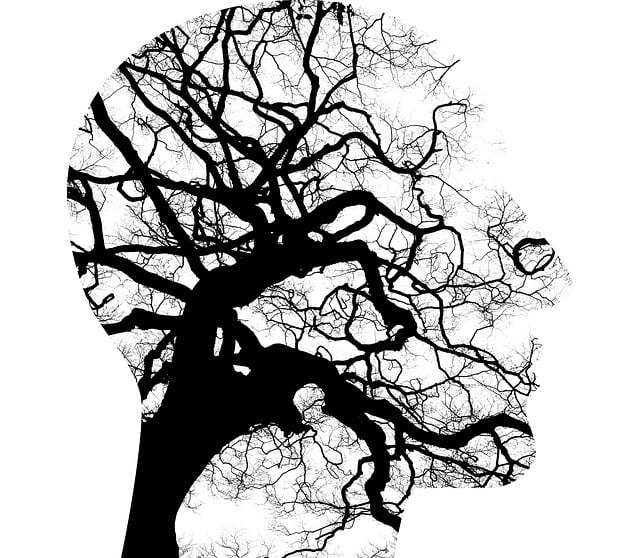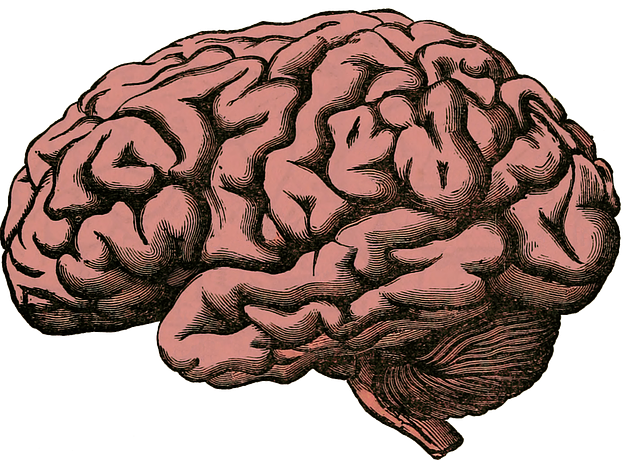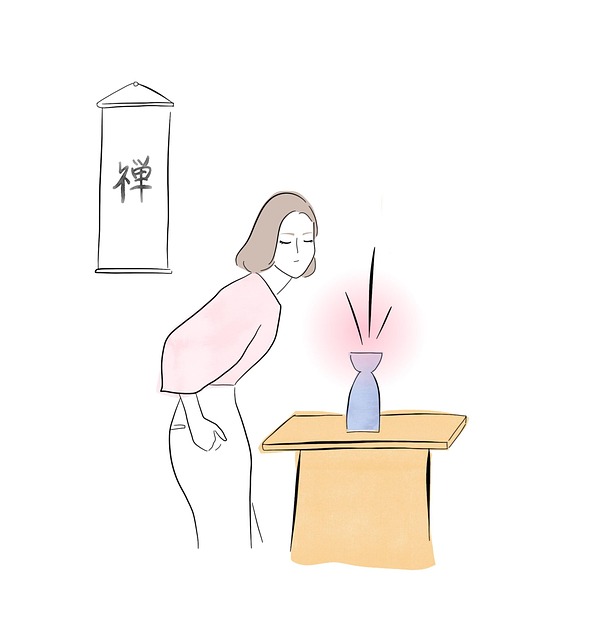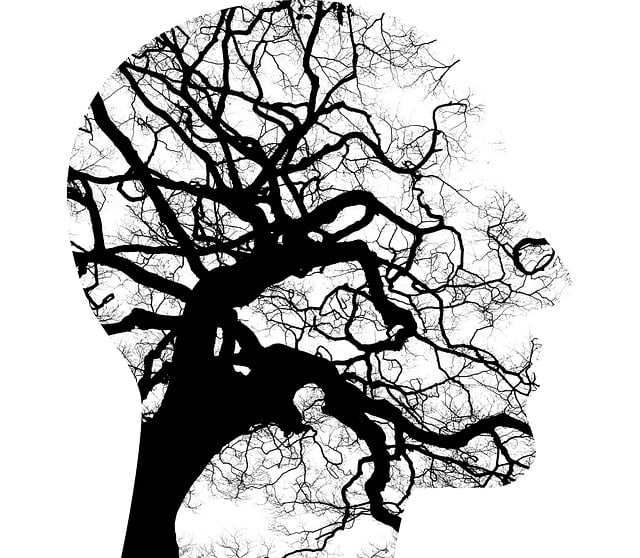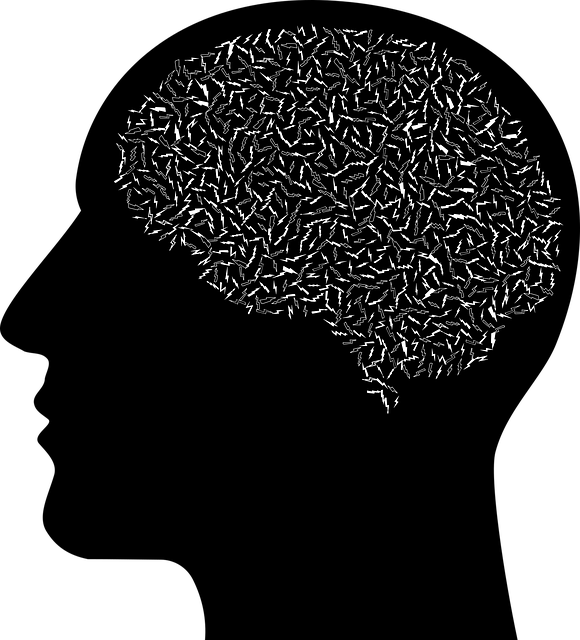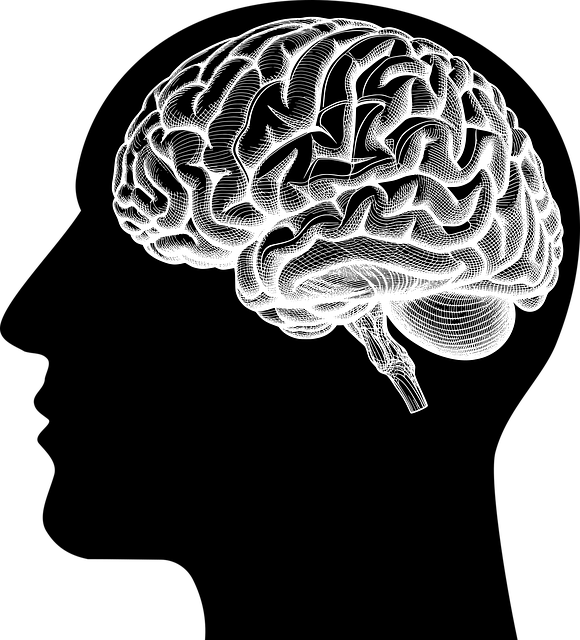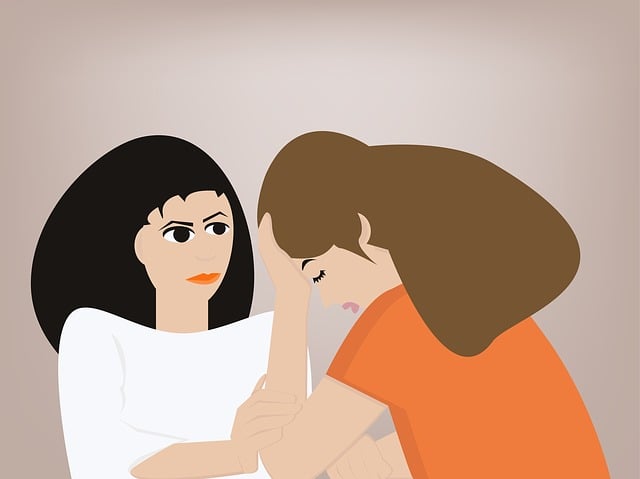Mental wellness journaling is a valuable method for managing Superior Panic Disorder (SPD) and anxiety attacks, providing individuals with insights into their thoughts and triggers. By tracking moods, symptoms, and physical sensations through regular reflection, people can identify patterns and personal stressors. This practice enhances self-awareness, emotional release, and overall well-being, complementing professional therapy and fostering resilience against stress and anxiety. Incorporating mindfulness and gratitude further strengthens these benefits, creating a safe space for expression, growth, and progress tracking in SPD and anxiety attacks therapy.
Mental wellness is paramount in today’s fast-paced world. Understanding its impact on daily life is crucial for cultivating resilience, especially against common mental health challenges like anxiety and panic disorders. This article explores effective journaling exercises designed to enhance mental wellness. We delve into the power of journaling for anxiety management, provide strategies tailored for Superior Panic Disorder therapy, and guide you through incorporating mindfulness and gratitude practices. By tracking progress and celebrating small wins, you’ll harness a powerful tool for self-improvement and superior anxiety attacks management.
- Understanding Mental Wellness and Its Impact on Daily Life
- The Power of Journaling for Anxiety Management
- Strategies for Effective Panic Disorder Journaling
- Incorporating Mindfulness and Gratitude in Your Practice
- Tracking Progress and Celebrating Small Wins
Understanding Mental Wellness and Its Impact on Daily Life

Mental wellness is a crucial aspect of our overall well-being, influencing how we think, feel, and act in our daily lives. It encompasses emotional, psychological, and social health, affecting our ability to cope with stress, make choices, and relate to others. When mental wellness is compromised, individuals may experience various challenges, such as anxiety, depression, or Superior Panic Disorder (SPD), which can significantly impact their day-to-day functioning. Anxiety attacks, a common symptom of SPD, can be debilitating, causing intense fear and physical symptoms like rapid heartbeat and breathlessness.
Therapy plays a vital role in navigating these mental health issues. Crisis intervention guidance offers immediate support during acute episodes, helping individuals manage symptoms and regain control. For those dealing with anxiety disorders, therapy provides tools to challenge negative thought patterns and develop healthier coping strategies. Moreover, engaging in regular self-reflection through journaling can be an excellent complement to therapy, offering a space for unfiltered expression, tracking progress, and cultivating a deeper understanding of one’s mental wellness landscape.
The Power of Journaling for Anxiety Management

Journaling has emerged as a powerful tool in the arsenal against anxiety and its related disorders, such as Superior Panic Disorder (SPD) and Anxiety Attacks. It provides an opportunity for individuals to gain profound insights into their thoughts, emotions, and triggers, which are often at the root of these conditions. Through regular reflection on experiences, journal entries can help identify patterns and stressors that contribute to anxiety, enabling better management and even therapy.
The act of putting pen to paper—or fingers to keyboard—allows for emotional release and a safe space to process feelings without judgment. This practice supports emotional healing processes by facilitating self-awareness, encouraging positive coping strategies, and promoting overall emotional well-being. For healthcare providers dealing with burnout prevention strategies, incorporating journaling as an adjunctive practice can offer a valuable outlet for stress relief and personal growth, ultimately enhancing their ability to support others in managing anxiety disorders.
Strategies for Effective Panic Disorder Journaling

Journaling can be a powerful tool for managing panic disorder and anxiety attacks, offering individuals a safe space to process their experiences and gain insights. One effective strategy is to dedicate specific journal prompts focused on anxiety. Encourage readers to describe their symptoms, triggers, and the physical sensations they feel during an attack. This practice helps in identifying patterns and recognizing personal anxiety triggers. For instance, writing about past traumatic events and their impact can be therapeutic, providing a means to process hidden fears and anxieties.
Integrating reflective questions like “What emotions arise when I face this trigger?” or “How does my body react?” promotes self-awareness. Additionally, suggesting readers track their moods and the frequency of attacks over time allows for the identification of stress reduction methods. The goal is to empower individuals with self-care strategies that can be readily applied in their daily lives, complementing professional Trauma Support Services and Mental Wellness Podcast Series Production for a comprehensive approach to Superior Panic Disorder and Anxiety Attacks Therapy.
Incorporating Mindfulness and Gratitude in Your Practice

Incorporating mindfulness and gratitude into your mental wellness journaling practice can significantly enhance emotional well-being promotion techniques. By dedicating a section in your journal to track moments of awareness and appreciation, you actively engage in superior panic disorder and anxiety attacks therapy. Mindfulness encourages present-moment focus, helping to deter the mind from racing thoughts that fuel anxiety. Gratitude practices foster positive thinking, which can counteract the negative thought patterns often associated with mental health challenges.
Cultivating a sense of gratitude involves reflecting on the small joys and blessings in life—a powerful tool within cultural sensitivity in mental healthcare practice. This simple act of acknowledgment can shift your perspective, fostering resilience against stress and anxiety. Incorporate these practices into your journaling routine to create a safe space for emotional expression, self-reflection, and growth.
Tracking Progress and Celebrating Small Wins

When engaging in mental wellness journaling, tracking your progress is a powerful tool for self-awareness and understanding. As you consistently reflect on your emotions, thoughts, and experiences, patterns may emerge, helping you identify triggers for anxiety or superior panic disorder symptoms. For instance, recognizing specific situations or stressors that induce anxiety attacks can be a game-changer in therapy. This knowledge enables you to develop tailored crisis intervention guidance and effective coping mechanisms.
Celebrating small wins is an integral part of the emotional healing processes. Journaling allows you to acknowledge and appreciate progress, no matter how minute. Perhaps you’ve successfully navigated a trigger without experiencing a full-blown anxiety attack or found healthier ways to express overwhelming emotions. These achievements contribute to inner strength development, fostering resilience and confidence in managing your mental health journey.
Mental wellness journaling can be a powerful tool for managing anxiety, especially in navigating superior panic disorder. By incorporating strategies like mindfulness and gratitude, individuals can effectively track their progress, celebrate small wins, and gain valuable insights into their thoughts and emotions. Regular practice not only enhances self-awareness but also provides an effective therapy for anxiety attacks, offering a simple yet profound method to improve overall mental wellness.

